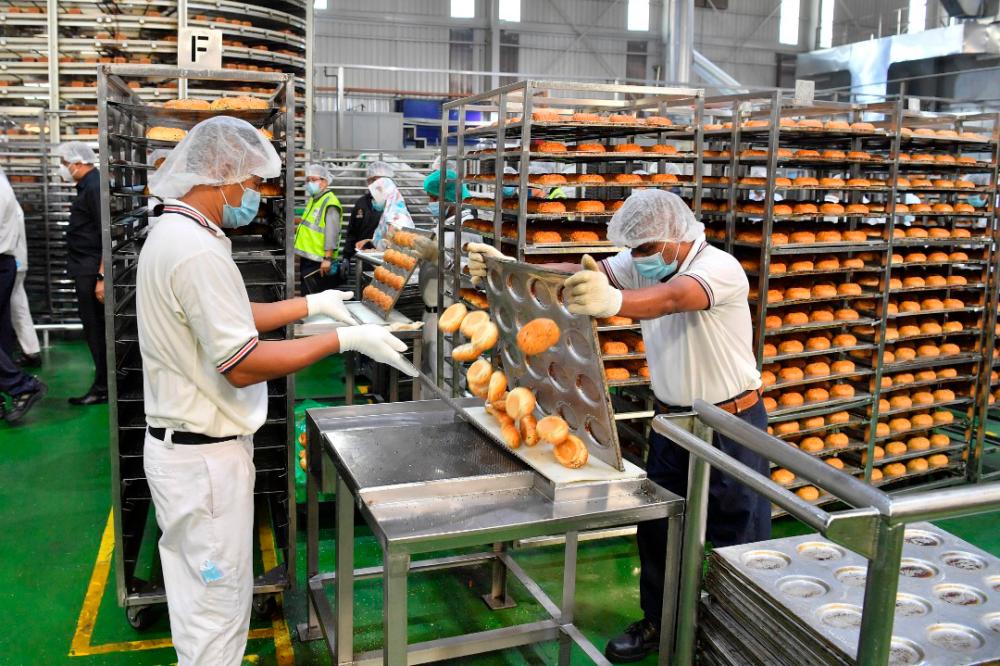PETALING JAYA: The Small & Medium Enterprises Association (Samenta) has welcomed the RM150 billion Economic Recovery and People’s Protection Package (Pemulih) but pointed out that it will only provide temporary relief.
Its Policy and Government Relations chairman, Datuk William Ng, congratulated the government for allowing a six-month loan moratorium for all individuals and micro-enterprises.
However, he urged the government to extend this moratorium automatically to all SMEs, instead of leaving it to the banks to decide on a “case-to-case” basis.
“SMEs continue to have problems getting moratorium, as banks view missed payments negatively, resulting in many SMEs being told they are not eligible, before they can even submit their requests formally,” he said in a statement yesterday.
“It must be made clear that it is precisely because SMEs are not able to pay that they are requesting for a loan moratorium.”
Ng pointed out that the Wage Subsidy Program 4.0 (WSP4.0) would help some SMEs to tide through the current lockdown, and expressed gratitude to the government for raising the maximum employees per company ceiling to 500 and removed the salary limit for entitlement.
“However, our view is that the wage subsidy should be until the end of the year, at the very least,” he said.
“The current scheme would mean even businesses that are allowed to operate since last year are getting the same subsidy as those who have been closed for most of the past one and a half year. It would have been more meaningful if the WSP4.0 is given to all SMEs who are not allowed to operate, and for as long as they are not allowed to operate.
“We urge the government to allow all sectors of the economy to reopen with stringent SOP as soon as the number of daily infection falls below 4,000. This is instead of the current plan of re-opening by industry. We must learn from the lessons of the past year, that industries are inter-related, and the only criteria should be safety and our ability to implement social distancing.”
Ng also urged the government not to discriminate businesses on the basis of essential and non-essential.
“If it is safe to re-open one sector, there is no reason why other sectors, unless they involve specific risks, are not re-opened as soon as practical,” he said.
Samenta said it and other associations are willing to assist in ensuring SMEs comply with the enhanced SOPs if allowed to operate as early as phase 2 of the National Recovery Plan.
“In summary, we are grateful that the government has taken heed of our plight, but there is an urgent need to fine-tune some of the proposals to reflect the reality on the ground,” Ng added.













